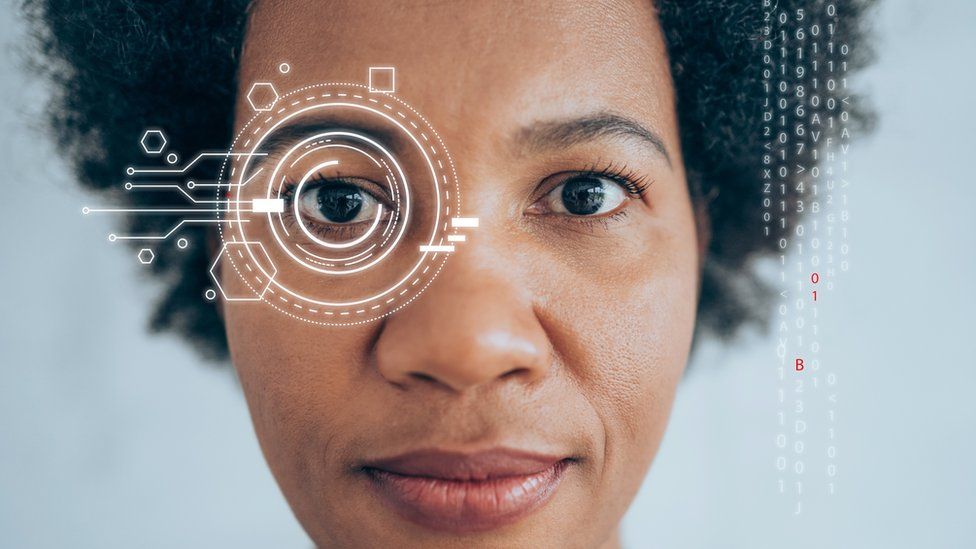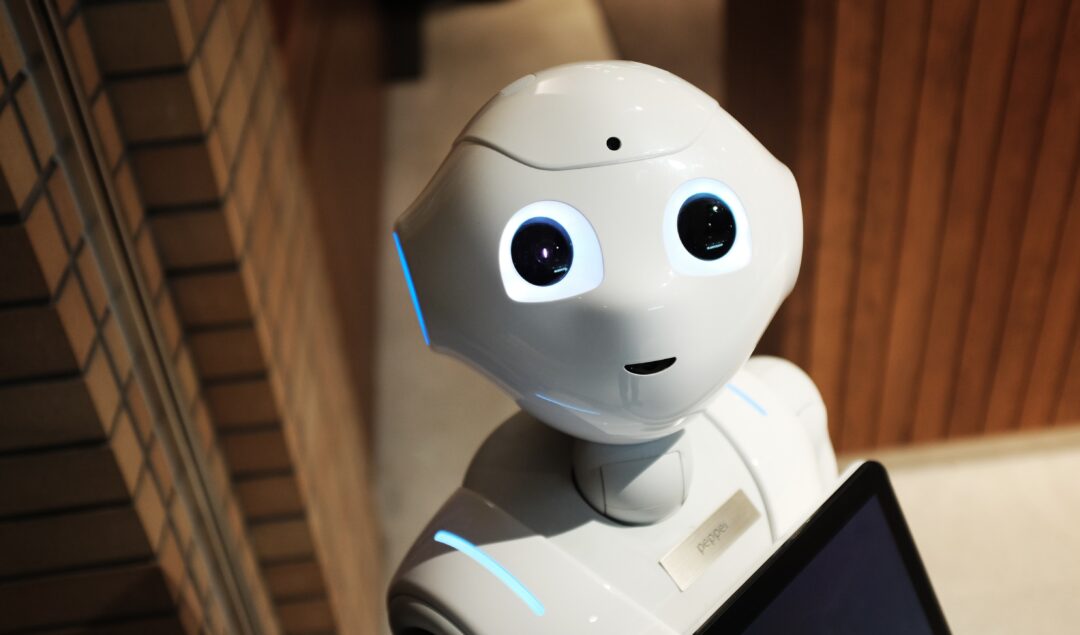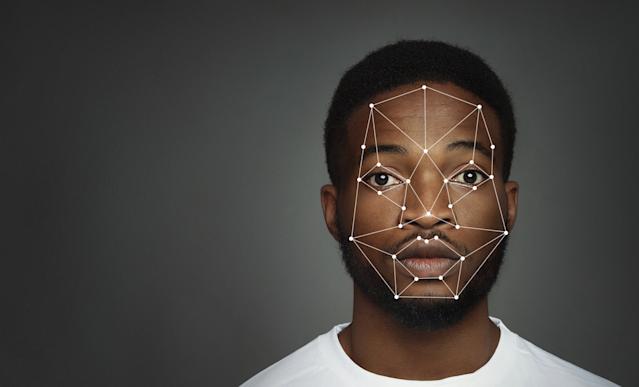GPT detectors are biased against non-native English writers, a new study by researchers from Stanford University has found. From the Balenciaga Pope to fake Trump arrest photos, the spread of AI-generated content is driving the demand for effective ways to detect AI-made content. However, a recent study has found that GPT detectors often mistake non-native English writing for AI-generated text, while correctly identifying native English writing. In tests, the detectors were near-perfect at analyzing US college admission essays but incorrectly classified over half of the Test of English as a
It appears everywhere you go; artificial intelligence (AI) seems to be the only two words on everyone’s lips. From the rise in AI-powered chatbots to the new era of computer-generated art, it’s hard to turn a blind eye to – what could be – the future of technology. However, according to a new report by Slate, AI still has a long way to go before it is considered an adequate extension of human intelligence. AI’s Inability To Create Realistic Hands Slate journalist, Heather Tal Murphy, investigated AI’s inability to create hands and found something
This article by Christian Ilube was first published on Medium. What is ChatGPT? Open AI is an artificial intelligence research company that aims to create AI to benefit all of humanity. In 2020, they announced GPT-3 (Generative Pre-trained Transformer 3), an AI capable of any reading/writing task e.g., question answering, summarising text, or continuing a story. It was created as a step on the way to Open AI’s grand mission of solving general intelligence, creating an AI able to learn any intellectual task that a human can do. Despite not being general intelligence, GPT-3 still has many
Despite the controversy surrounding its facial recognition software, Clearview A.I. has found a new home amongst public defenders. The move, described as a “P.R. stunt to try to push back against the negative publicity,” has begun allowing public defenders to access its facial recognition database, which holds more than 20 billion facial images. The controversy explained Earlier this year, the controversial facial recognition program found itself amid legal drama after being fined more than £7.5 million by the U.K.’s privacy watchdog. The fine came after a few senators called on federal agencies
If you’re a person with dark skin, you may be more likely than your white friends to get hit by a self-driving car, according to a 2019 study out of the Georgia Institute of Technology. That’s because automated vehicles may better detect pedestrians with lighter skin tones. The study’s authors started out with a simple question: How accurately do state-of-the-art object-detection models, like those used by self-driving cars, detect people from different demographic groups? To find out, they looked at a large dataset of images that contain pedestrians. They divided up the








